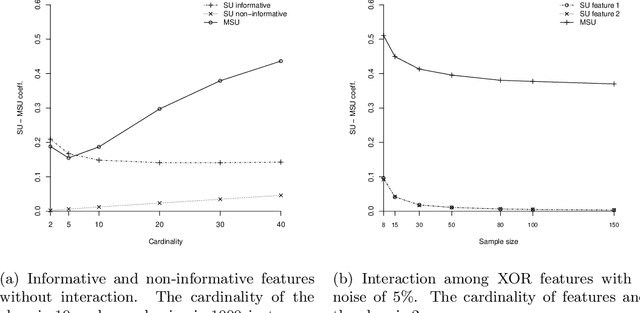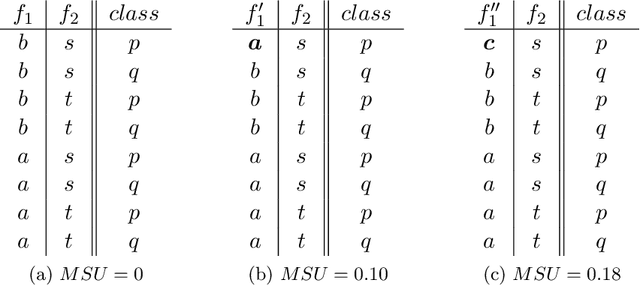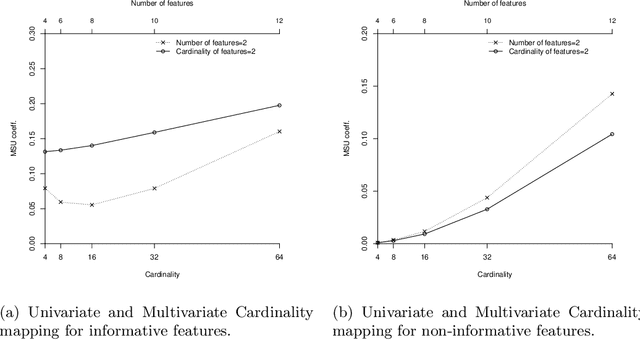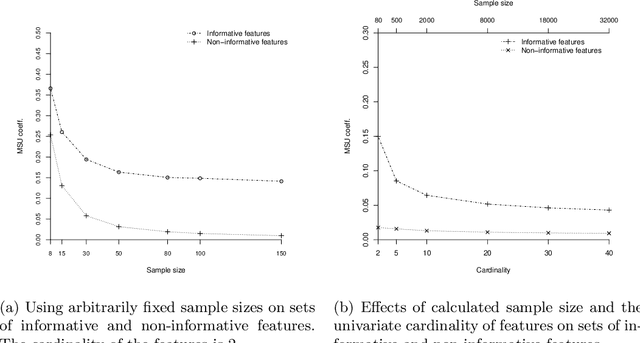Miguel García-Torres
Feature Selection: A perspective on inter-attribute cooperation
Jun 28, 2023Abstract:High-dimensional datasets depict a challenge for learning tasks in data mining and machine learning. Feature selection is an effective technique in dealing with dimensionality reduction. It is often an essential data processing step prior to applying a learning algorithm. Over the decades, filter feature selection methods have evolved from simple univariate relevance ranking algorithms to more sophisticated relevance-redundancy trade-offs and to multivariate dependencies-based approaches in recent years. This tendency to capture multivariate dependence aims at obtaining unique information about the class from the intercooperation among features. This paper presents a comprehensive survey of the state-of-the-art work on filter feature selection methods assisted by feature intercooperation, and summarizes the contributions of different approaches found in the literature. Furthermore, current issues and challenges are introduced to identify promising future research and development.
Understanding a Version of Multivariate Symmetric Uncertainty to assist in Feature Selection
Sep 25, 2017



Abstract:In this paper, we analyze the behavior of the multivariate symmetric uncertainty (MSU) measure through the use of statistical simulation techniques under various mixes of informative and non-informative randomly generated features. Experiments show how the number of attributes, their cardinalities, and the sample size affect the MSU. We discovered a condition that preserves good quality in the MSU under different combinations of these three factors, providing a new useful criterion to help drive the process of dimension reduction.
 Add to Chrome
Add to Chrome Add to Firefox
Add to Firefox Add to Edge
Add to Edge